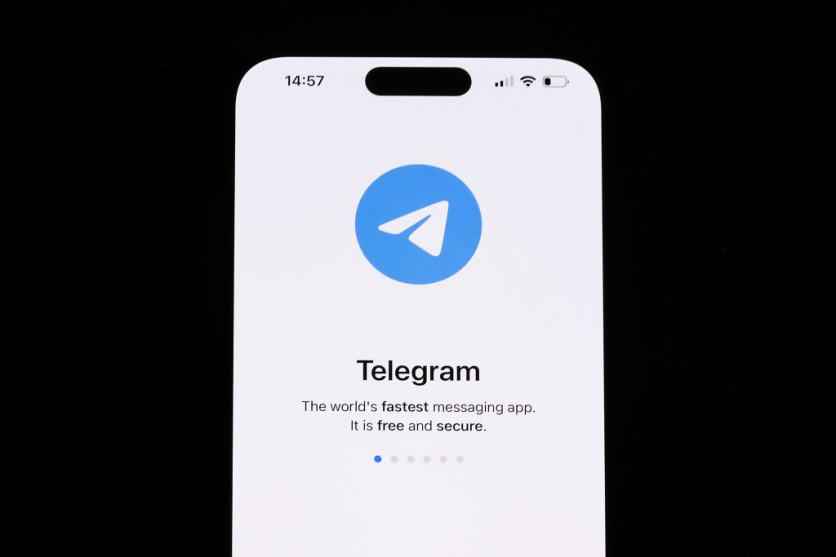A Brazilian court ordered a temporary suspension of messaging application Telegram in the country until it complies with an order to share further information regarding on the investigation of extremist and neo-Nazi groups using the platform.

Banning Telegram Temporarily
Federal Judge Wellington Lopes da Silva ordered a temporary suspension for Telegram in a court in Espirito Santo state. According to Reuters' report, the platform failed to provide all information that the Federal Police requested regarding the neo-Nazi chat groups on the platform, accused of inciting school violence.
Among the requested information are the contacts of administrators and members, and phone numbers of users from those groups. However, Telegram only complied partially by sending limited information last Friday.
Due to the platform's non-compliance with the court order, the decision was followed by an increase in a non-compliance fine to $197,780 per day. Telecommunications companies were also advised by the judge to suspend access to the messaging service and downloading of the app.
Telegram's Non-Compliance
The non-compliance was not that surprising as Judge da Silva stated that Telegram already explained to him that it would be impossible to hand over all of the members' information since the chat group had already been deleted. But the court ruled this as unacceptable.
He wrote, "It is evident that Telegram has the intention not to cooperate with the investigation that is underway." Bloomberg reported that this order follows the increasing clampdown on alleged fake news and hate speech online by the administration of President Luiz Inacio Lula da Silva.
Although the court ordered the temporary ban in the country, it was still operating and available in online stores like Google Play and Apple App Store as of the moment.
Read also: The Phishing Tools and Services Marketplace is Booming on Telegram: Here's What's Observed
School Attacks
ABC News reported that this effort comes after a wave of school attacks in the country, including one in November in which a man with a swastika pinned to his vest shot and killed four people in the small town of Aracruz in Espirito Santo state.
Aside from this, Brazil already experienced almost two dozen attacks or violent episodes in schools since 2000, with half of them only happening in the last 12 months. This includes the incident on April 5th where four children were killed at a daycare center.
The federal government of Brazil has been striving to stamp out school violence by focusing on the supposed influence of social media. Earlier this month, a meeting between President Luiz Inácio Lula da Silva, his ministers, Supreme Court justices, governors, and mayors mainly focused on implementing regulations on social media.
Through this effort, the government aims to prevent further incidents, specifically responsible platforms for failing to remove content inciting violence that may influence other people.

ⓒ 2025 TECHTIMES.com All rights reserved. Do not reproduce without permission.




